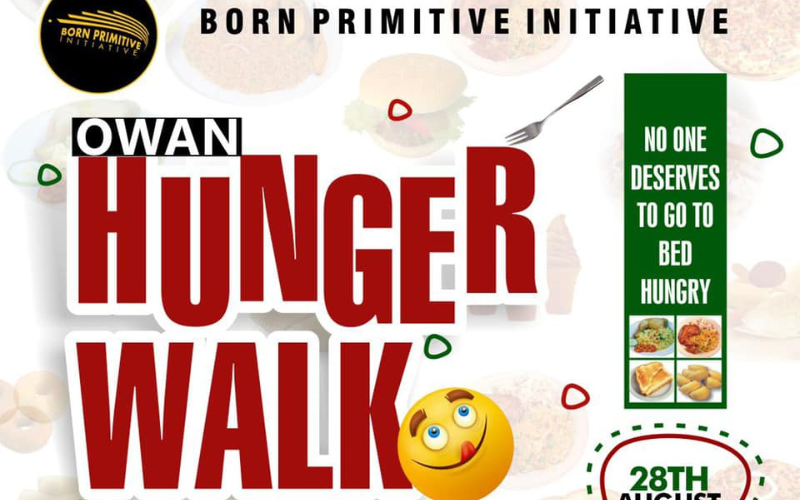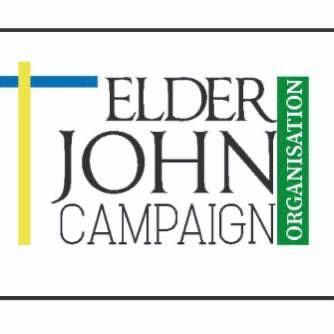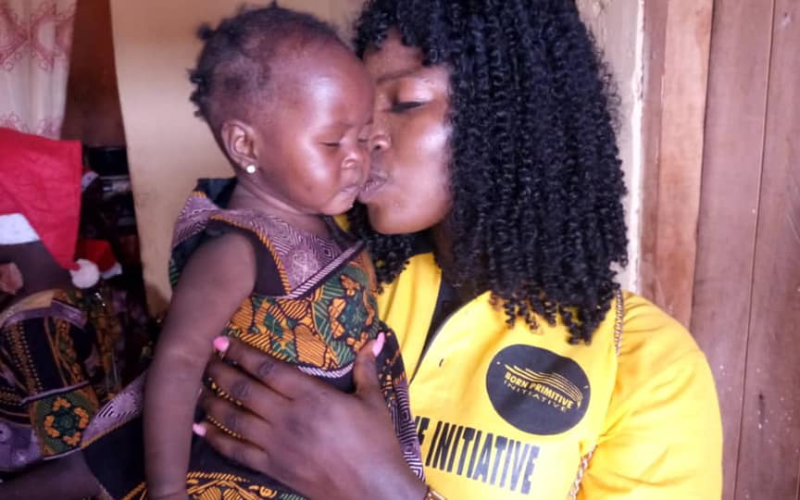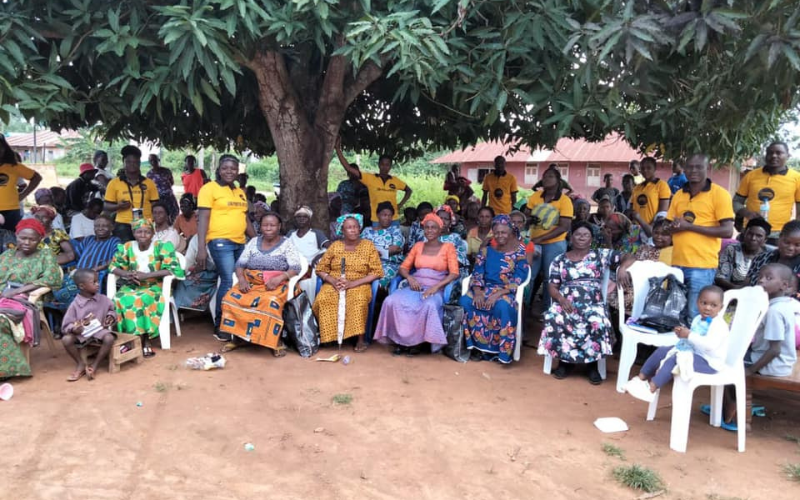In the heart of Afuze Emai, a small town nestled in Edo State, Nigeria, a powerful movement is gaining momentum—the **Hunger Walk**. Organized by concerned citizens and local non-profit organizations, the Hunger Walk aims to raise awareness about food insecurity and provide support to vulnerable populations in the community. Despite its modest size, Afuze Emai faces the same challenges of hunger and poverty that are common across rural Nigeria. The Hunger Walk serves as both a symbol of hope and a call to action, uniting the community to combat one of the most pressing issues they face.
Understanding the Food Insecurity Crisis in Afuze Emai
Like many rural areas in Nigeria, Afuze Emai is home to families who struggle daily with food insecurity. Agriculture is the primary livelihood for most residents, but erratic weather patterns, poor infrastructure, and a lack of resources often make farming unsustainable. Many households are unable to produce enough food to feed their families throughout the year, leading to periods of hunger, especially during the lean season.
For children, the impact of food insecurity can be devastating. Without proper nutrition, they are at risk of stunted growth, weakened immune systems, and impaired cognitive development. For adults, chronic hunger leads to a diminished ability to work and support their families, perpetuating the cycle of poverty. These challenges are further compounded by economic instability and limited access to government welfare programs.
The Hunger Walk: Mobilizing the Community for Change
The **Hunger Walk in Afuze Emai** was conceived as a grassroots initiative to raise awareness about the hunger crisis and to encourage collective action. Local leaders, schools, churches, and small businesses came together to plan and organize the event. It brought together people from all walks of life, united by a common goal: to ensure that no one in their community goes to bed hungry.
The walk itself was a vibrant display of solidarity. Participants, young and old, gathered at the town’s central square early in the morning, carrying banners and placards with messages such as “End Hunger Now” and “Food is a Human Right.” As they walked through the streets of Afuze Emai, they sang, chanted, and handed out informational leaflets to raise awareness about the issue of hunger in the community.
The walk wasn’t just about raising awareness; it also aimed to raise funds and food donations to support local hunger-relief efforts. Along the route, collection points were set up where people could drop off non-perishable food items, which would later be distributed to families in need. Financial donations were also collected, with the proceeds going toward food programs in the area, including school feeding initiatives and support for local farmers.
Empowering the Community Through Action
One of the key goals of the Hunger Walk was to empower the people of Afuze Emai to take ownership of the hunger problem and become part of the solution. By participating in the event, community members not only contributed to the immediate goal of providing food for the hungry but also demonstrated that collective action can create meaningful change.
Local schools played a particularly important role in this effort. Teachers and students worked together to raise awareness about food insecurity, organizing classroom discussions and presentations in the lead-up to the walk. Many students who participated in the walk expressed their pride in being able to contribute to a cause that directly affects their families and neighbors.
Afuze Emai’s small businesses also stepped up, donating food and sponsoring the event to ensure its success. These contributions, both large and small, highlighted the community’s spirit of generosity and shared responsibility. In addition, local farmers were encouraged to participate in training programs that would help them improve their yields and access markets, thereby strengthening the local food system.
Looking Ahead: Sustainable Solutions for Hunger
While the Hunger Walk was a resounding success, those who organized it are committed to ensuring that it is not a one-time event. Plans are already in motion to establish long-term hunger-relief programs in Afuze Emai. These include the creation of community gardens, where families can grow their own food, and initiatives to teach sustainable farming practices that will increase crop yields and reduce food insecurity over time.
The funds raised from the Hunger Walk will also go toward supporting local farmers with seeds, tools, and training, as well as expanding school feeding programs to ensure that children receive at least one nutritious meal a day. These efforts will help to address the root causes of hunger, providing lasting solutions that empower individuals and families to improve their own circumstances.
Conclusion
The **Hunger Walk in Afuze Emai** was a testament to the power of community action in the fight against food insecurity. It brought people together in solidarity, raised awareness about the challenges of hunger, and mobilized resources to support those in need. While hunger remains a significant issue in Afuze Emai, the Hunger Walk has inspired hope and demonstrated that when a community unites for a common cause, they can make a real difference. Moving forward, the people of Afuze Emai are determined to continue their efforts, working together to build a future where no one goes hungry.





